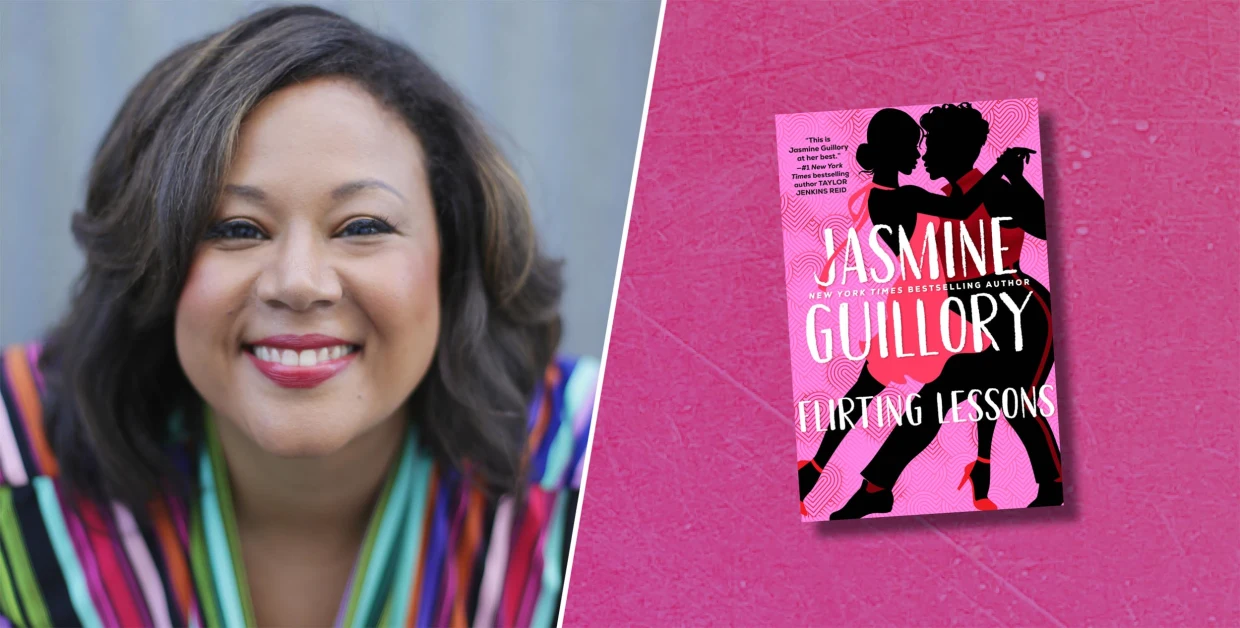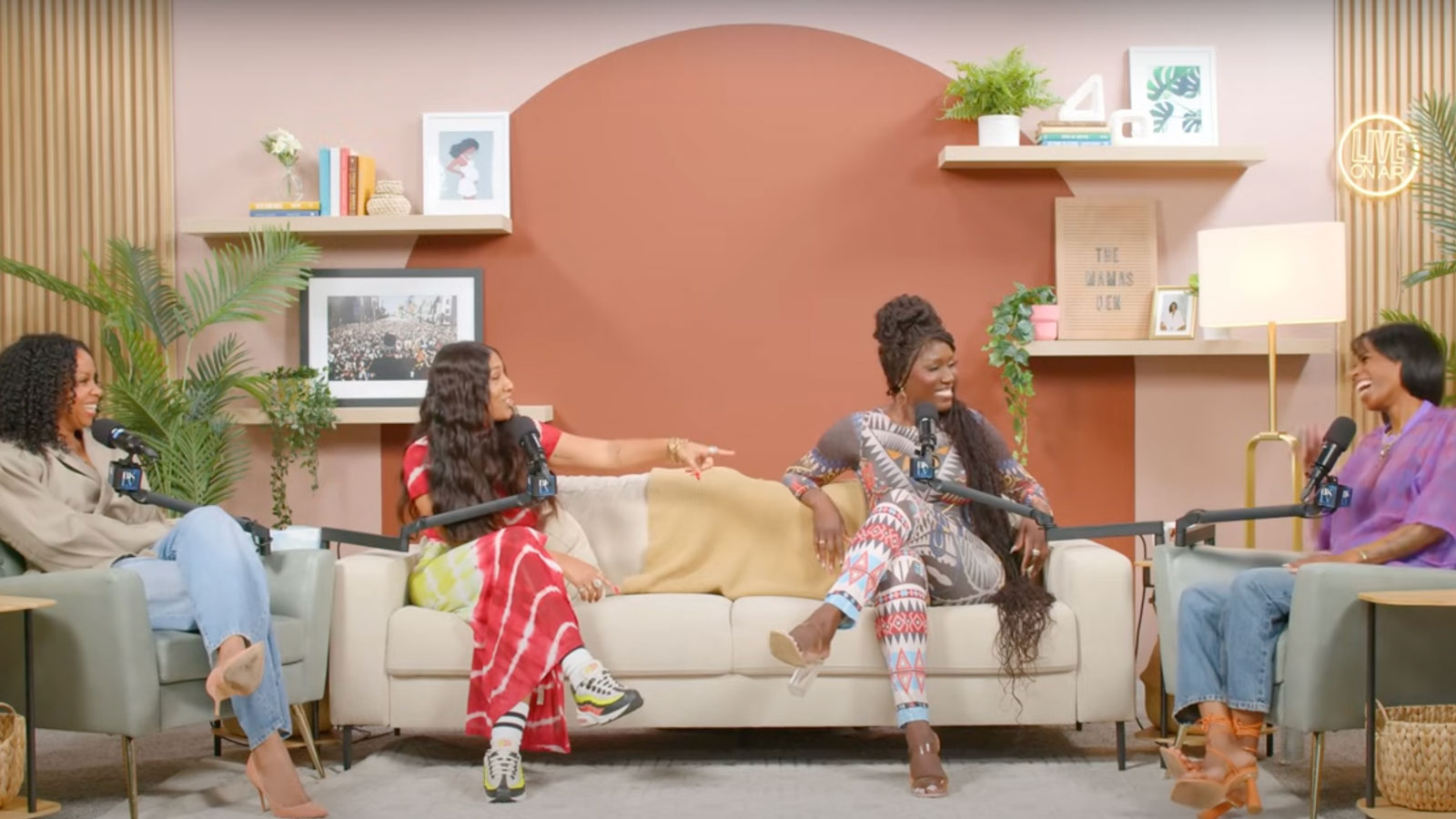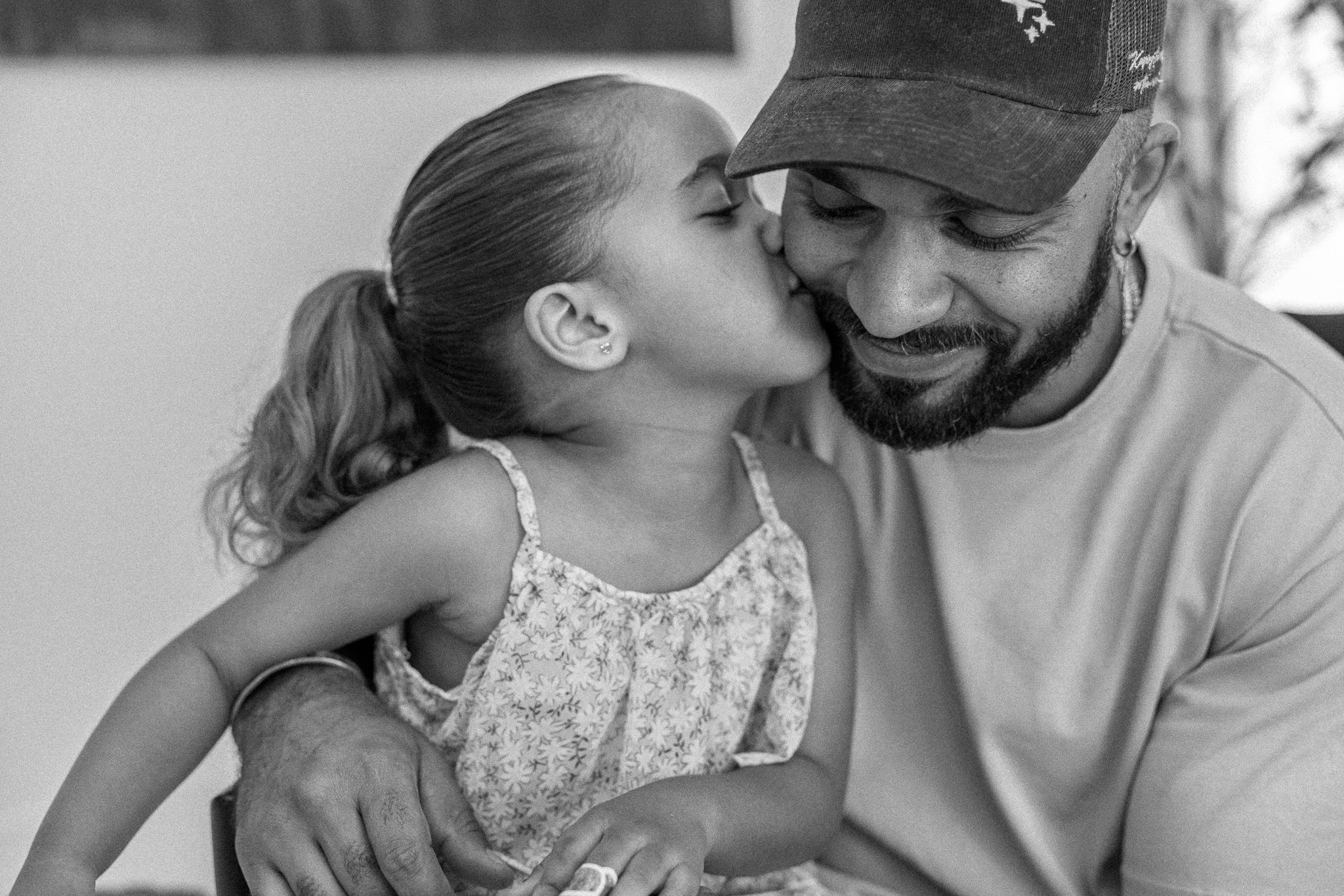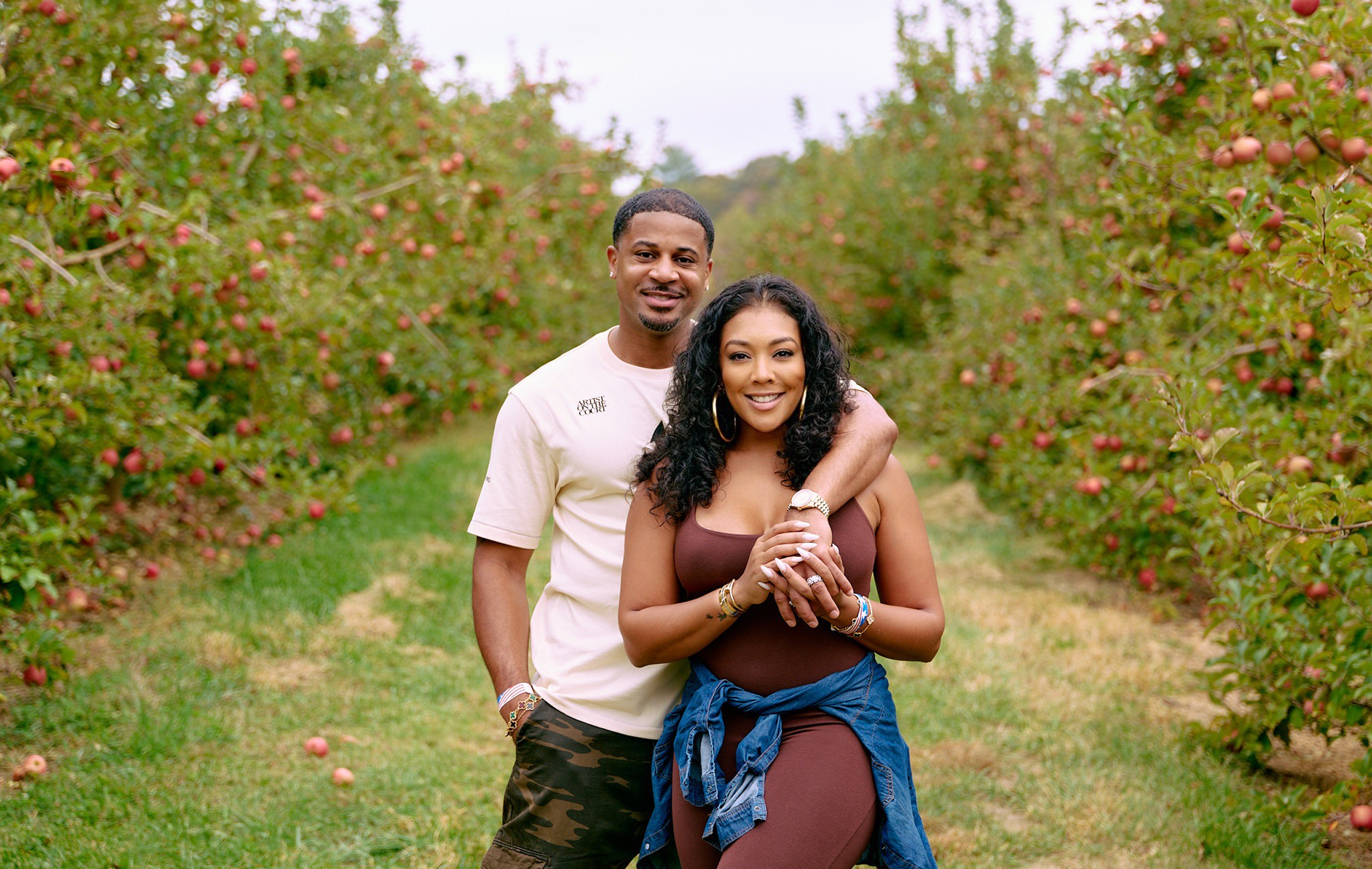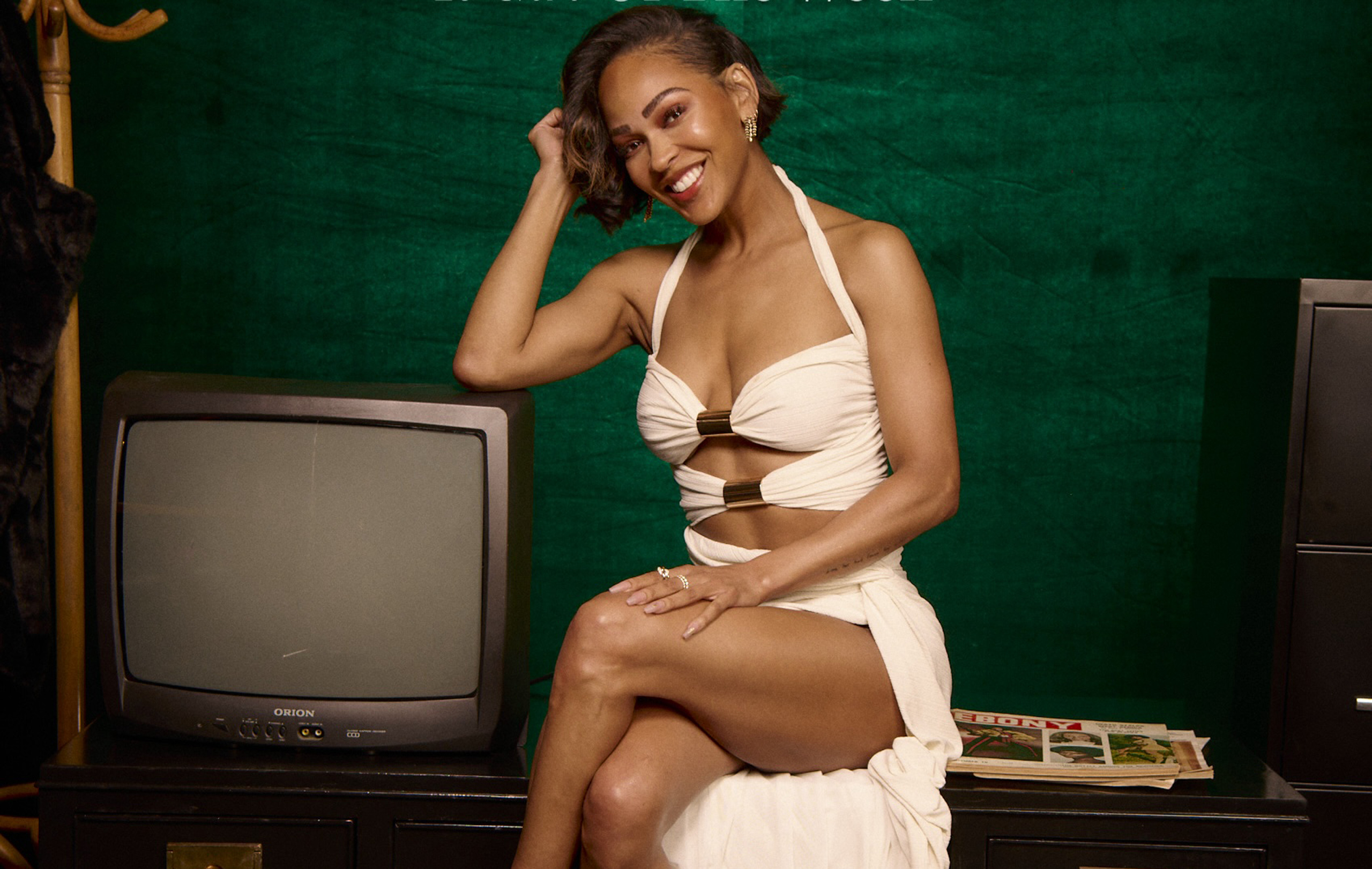
Courtesy of Dr. Allycin Powell-Hicks
Courtesy of Dr. Allycin Powell-Hicks

Courtesy of Dr. Allycin Powell-Hicks
Allowing ourselves to be open to new relationships is the only way we’re going to find that great love we’re looking for or already have that still requires work. Healing from trauma is one of the many aspects of relationships that require active work, but how do we do it? In a new segment called “Ask Dr. Ally” with life coach, therapist, and relationship expert Dr. Allycin Powell-Hicks.
Have a question you want Dr. Ally to answer next? Let us know!
Yasmine Jameelah: How can you begin to on the journey of addressing past trauma?
Dr. Ally: There are so many things I thought of when you asked that. The reality is trauma wants to keep us back. Wants to keep us reliving a past experience that was difficult, horrible, etc. So how do we go about mitigating the realities of our past while trying to step boldly and comfortably in the future? As a relationship expert and life coach when I’m working with clients that either desire a relationship or just starting the first thing is I have them begin to invest age themselves. Access what they like and love about themselves because if we don’t do the individual work it’s difficult to attempt to be in a relationship.
We all have something we bring into relationships. In the world of trauma research, there’s trauma with a big T trauma (physical abuse, sexual abuse, abuse that took place around you etc.) or little t trauma (a move, getting laid off, a life change, etc.) but they all require us to do the individual work because they don’t disappear just because we’re started a new relationship. They ebb and flow and there will be times when life gets stressful and those feelings come back, but with radical self-acceptance that allows for you to give yourself grace. It’s also important to know that everyone responds to trauma differently so what triggers you in a small way might impact someone else differently.
Related Articles:
Dr. Ally on Forgiving Your Parents, Partnerships, and Reparenting Your Inner Child
How to Assess and Address Toxicity in Relationships
Are You Ready for Change? Here’s How to Design the Life of Your Dreams
YJ: I’ve often heard that when you’re first getting to know someone, both people are sending their representatives. At what point in a new relationship do you open up about the trauma you’ve experienced?

Courtesy of pexels.com
DA: That’s where the individual work comes in because the better you get connected to yourself the better you are at deciding what moment is best. There’s no at the third date it’s time but for you the third date could be the time because you’ve had the tough conversations and done the work. And doing the work doesn’t mean you have to be in therapy every week or meditating for five hours. Do those things help? Absolutely but there are other things you can do like reading books to expand your knowledge, going out doing things that make you curious, and getting better at you. The better you are at understanding you, the better you are at understanding who is right for you.
YJ: As you’re getting to know someone, parts of who they are might be triggering to you as well. How can you access what’s a trigger that’s minimal or what’s something that makes you incompatible?
DA: This is something that I see with my relationship clients a lot. There are things that are actually emotionally, spiritually, and physically dangerous for us, and there are things that are changeable. Your partners not going to be perfect; they’re going to trigger you at some point and time in your relationship. Things on the surface for ex. your partner really likes cheese and your ex did too or how they dress, etc. Knowing the difference won’t always be that easy, but you have to decide what you can live with.
YJ: Are there specific patterns in relationships that you find your clients struggle with?
DA: So many it’s almost impossible to answer (laughs.) There’s this concept of attachment styles based on how your initial caregivers were in charge of you and connected with you carries through to the rest of your life, and your partner sort of becomes your new caregiver. Our childhoods reflect how we think relationships are supposed to go, and patterns such as anxious attachment and avoidant attachment styles can occur.
YJ: No one likes rejection. If the trauma you’ve experienced is too much for someone to handle how can you deal with that rejection?
DA: That can be hard because that’s why our representative will show up because we’re often afraid I’m too broken, anxious, damaged etc. for anyone to love me. So what do you do in the window in the space of rejection? Is it because you’re a failure? No. But allow yourself to move through those emotions and feel and also ask yourself who wants to be in a relationship where you’re hiding? You want to find a partner that treats the rougher parts of you with kindness, curiosity and love.

Courtesy of rawpixel.com
YJ: Do you think that the older you get, the harder it is to find love?
DA: I think it doesn’t have to be. The older you get, the more you’ve lived with yourself and know what you want. With age can come wisdom if you allow it and we hope that as we grow with ourselves, we do hope to travel with wisdom. Everyone has the capacity for learning and being flexible if they want to be, so it all depends on the person and what changes they desire to make.
YJ: Much of your clientele as a life coach are Black women, what would you say to us them as they’re trying to address our triggers?
DA: If I’m speaking to Black women, I’d say that so many of us are everything to everyone and it makes it hard for us to do the individual work. We’re caring for so many people and haven’t built in a structure for our own lives to care for ourselves, and we don’t have anyone who can care for us. We’re sitting alone when we’re given so much. So I’ve encouraged the importance of finding your people, your tribe even once you’ve found a partner. So many of us don’t have that and it’s important because relationships are not enough we need to have a tribe of people because one person cannot be enough. You need to diversify your support system.
To learn more about Dr. Allycin Powell-Hicks and inquire about her life coaching and relationship expert services, follow her on social media and visit her website for additional information.
Related Articles
Discover why Jasmine Guillory’s latest novel Flirting Lessons is a must-read—and how the author continues to redefine modern romance with layered Black heroines, real emotional depth, and Black literature that feel both magical and true.
Bozoma Saint John talks Black motherhood, grief, self-love, and finding joy again. Don’t miss her powerful conversation on building legacy and living boldly.
Tyler Lepley shows the beauty of Black fatherhood, blended family life with Miracle Watts, & raising his three children in this Father Noir spotlight.
Featured Articles
When Elitia and Cullen Mattox found each other, they decided that they wanted their new relationship together, their union, to be healthier and different.
Celebrate their marriage and partnership with the release of the documentary “Time II: Unfinished Business”
Our intent is to share love so that people can see, like love really conquers everything. Topics like marriage and finance, Black relationships and parenting.
The vision for our engagement shoot was to celebrate ourselves as a Young Power Couple with an upcoming wedding, celebrating our five year anniversary - glammed up and taking over New York.
HEY CHI-TOWN, who’s hungry?! In honor of #BlackBusinessMonth, we teamed up with @eatokratheapp, a Black-owned app designed to connect you with some of the best #BlackOwnedRestaurants in YOUR city – and this week, we’re highlighting some of Chicago’s best!
Meagan Good and DeVon Franklin’s new relationships are a testament to healing, growth, and the belief that love can find you again when you least expect it.

